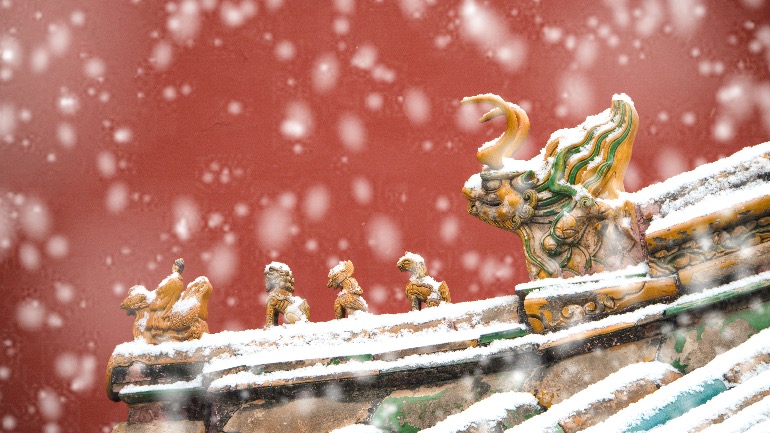From a short-term perspective, the significance of releasing tens of thousands of lives from the suffering of death is already self-evident. There is absolutely no comparison between giving a new life and giving money or other objects to a being facing death. Put in another way, if we are about to be killed, would we like someone to rescue us or give us a lot of money? The answer should be obvious. Realistically, what is the use of money for a dead person? In most cases, the relatives and the friends of the deceased do not really know how to use the money left behind to assist the deceased, e.g., to perform phowa. At the juncture of life and death, money loses its purpose. Saving lives is naturally the most important.
But from a long-term perspective, offering of Dharma is even more important. The reason is that although we can buy the fish free and liberate them, the best we will achieve is to save them from the pain of death just this time. If we do not recite the Buddha’s names or perform other rituals for them, we cannot truly benefit them other than setting them free. What they will do afterwards is anybody’s guess. If the beings are carnivores, perhaps the better alternative is to let them die after having heard the chanting of the Buddha’s names. This on the one hand will plant the virtuous root for them, and on the other hand stop them from committing more negative karma.
- Quote from The Right View, "Liberating Living Beings"











